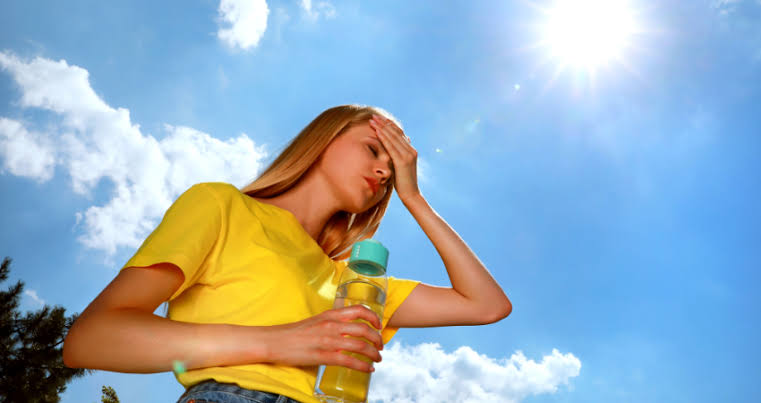Dr. Deepak Jeswani, a renowned Critical Care specialist, outlined the dangers of sunstroke, a potentially life-threatening condition resulting from exposure to high temperatures. Symptoms include dry skin, absence of sweating, rapid increase in body temperature to 40°C or higher, headache, muscle cramps, and signs of mental confusion such as incoherent speech, disorientation, and aggressive behavior.
Dr. Pravin Shingade, a noted Physician, advised immediate measures for treating sunstroke patients, recommending removal of clothing and immersion in a cold water bath. Alternatively, if a cold water bath is not feasible, he suggested covering the body with wet sheets or towels, sponging down with cool water, or applying ice packs to the neck, armpits, and groin. It’s essential to keep the individual in a cool environment after treatment.
Dr. Charushila Bawankule, a distinguished nephrologist, highlighted the increased risk of kidney damage in individuals with pre-existing kidney conditions due to dehydration during summer. Sweating leads to water loss, reducing blood volume and kidney function temporarily. Immediate treatment can reverse this dysfunction, but severe dehydration should be avoided.
Dr. Dhananjay Selukar, a renowned urologist, warned about the formation of kidney stones during summer due to dehydration-induced concentrated urine. These stones, rich in calcium, phosphates, oxalates, and uric acid, can cause excruciating pain while passing through the urinary tract. He emphasized the seriousness of addressing dehydration during hot weather to prevent such complications.
In conclusion, it’s crucial not to underestimate the dangers of scorching heat and to take preventive measures to avoid dehydration and its associated health risks, including sunstroke and kidney stones.
👉 Click here to read the latest Gujarat news on TheLiveAhmedabad.com




